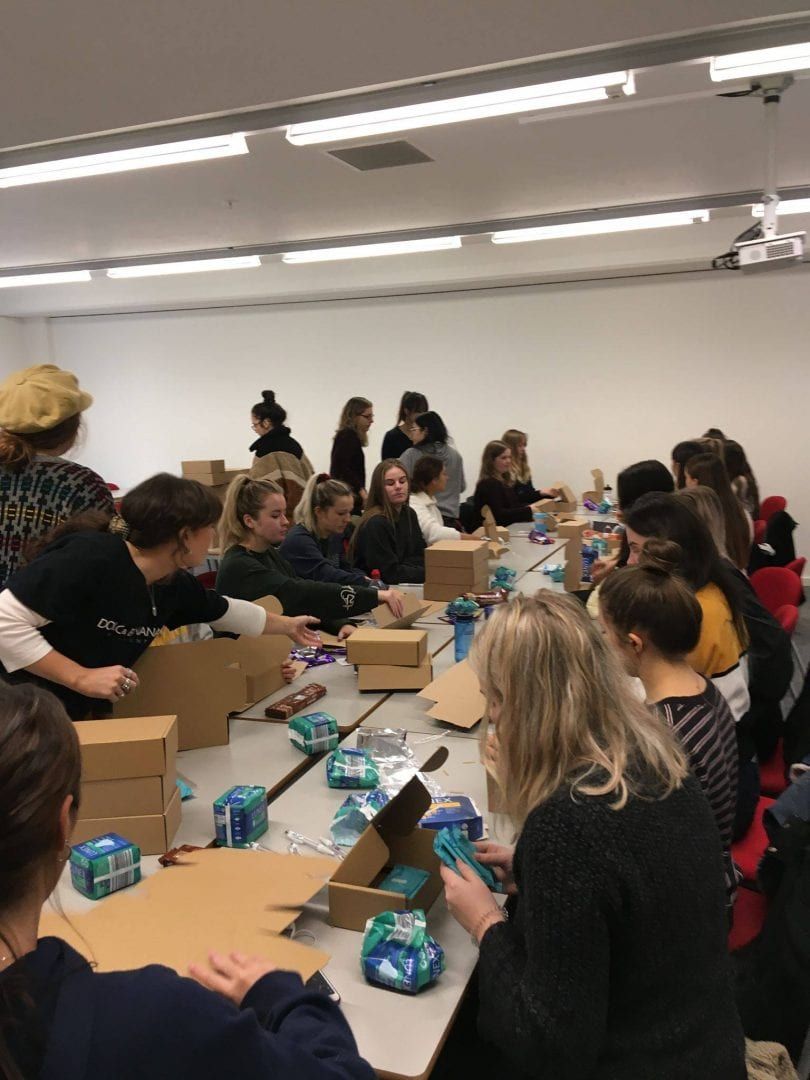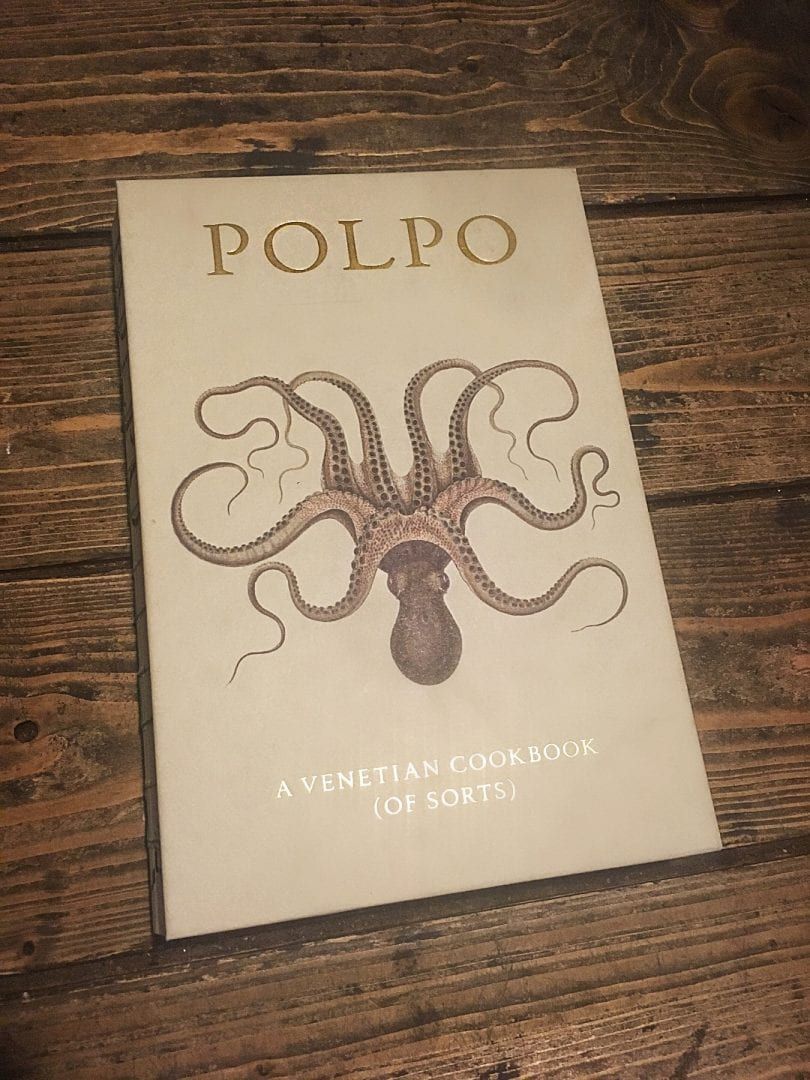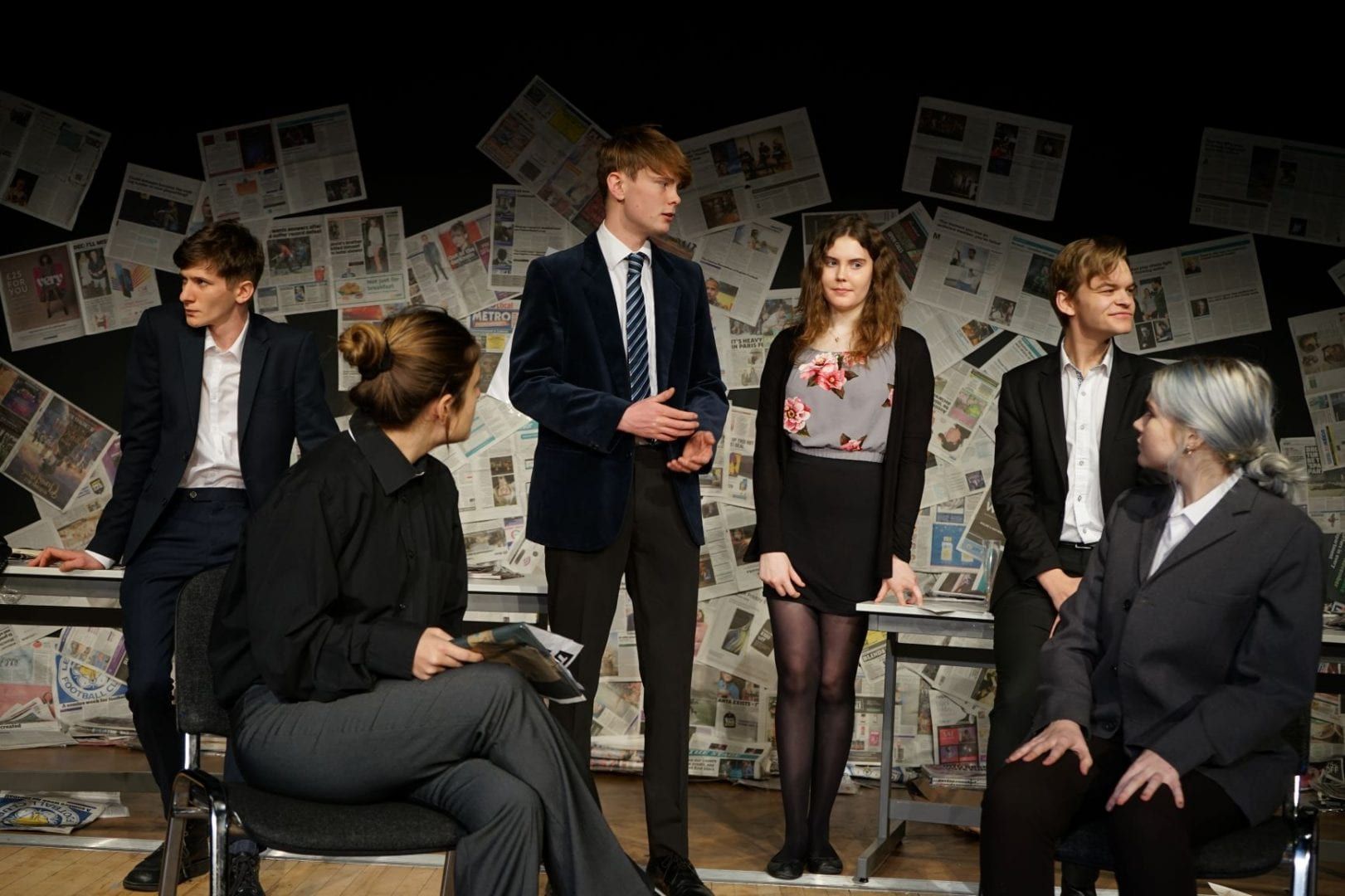InSight probe successfully lands on Mars
At 19:52:59 UTC on 26th November 2018, NASA’s latest analytical probe landed on the surface of Mars. The probe has the objective of gathering predominantly seismological data to better understand the internal structure and rotation of the planet.
InSight (Interior Exploration using Seismic Investigations, Geodesy and Heat Transport) is an international collaboration whose success is widely hailed as a large step forward for space exploration and discovery, as well as for humankind’s insatiable appetite for finding a new home for our species, despite a two-year delay.
InSight will gather data that will be 3-10 times more accurate than any preceding probe. The previously poorly understood science of ‘differentiation’ (the composition, formation, and evolution of planets) for the Solar System’s terrestrial planets – Mars, Mercury, Venus, and Earth – may finally gain some clarity.
Large amounts of the data that InSight will be able to collect over the course of its 709 sol (2 year) mission will be due to meteorite impacts on the surface of Mars that send vibrations through the layers of the planet. There are 10-200 of these detectable collisions per year. InSight will be able to measure the characteristics of these vibrations, giving vital clues to the internal structure of the planet. In addition to this, seismic activity (Mars-quakes) will also be recorded and analysed.
The mission’s secondary objective is to study the geophysics, tectonic activity, and the effect of meteorite impacts on Mars, which could provide knowledge of such processes on Earth.
As part of its public outreach efforts, NASA also included several 8mm silicon wafers on the mission’s payload. The wafers were engraved with nearly 2.5 million names of members of the public. An electron beam was used to etch letters only 1/1000 the width of a human hair onto these wafers, the first of which was installed on the lander in November 2015.
There has long been talk about the possibility of a manned mission to Mars, not least because it is the most similar planet in the Solar System to our home planet, Earth. The InSight mission is important as it is further defining our understanding of this planet, and hence increasing our preparedness if or when we undertake the voyage over there ourselves.
However, there are difficulties that present themselves regarding such a fraught undertaking, which don’t include just the technological issues. Many people overlook the fact that space itself, not the journey there, is the most challenging obstacle with manned missions.
Factors such as astronauts changing gravity fields, isolation and confinement, hostile and closed environments, and space radiation have recently surfaced as reasons why some people have been starting to err at the prospect of a manned mission to Mars ever being possible at all, or at least not until the distant future.
Figures such as Elon Musk, the CEO and ex-chairman of Tesla, as well as the co-founder of many other companies including PayPal and SpaceX, have expressed the goal of making the first Earth to Mars flight as close as 2022. Within 100 years of this date, they anticipate the established colony to be capable of being entirely self-sufficient.
This is a bold and exciting claim, and one that will require a lot of innovation, experience, and determination to achieve. NASA and other space agencies have already put in a lot of the legwork towards recognising this ambition, including creating the basis of counter-measures against the hazardous aspects of space travel that were mentioned earlier.
Regardless of the different estimated time scales for a potential Mars mission, what is known is the mission would require significant research to form an understanding of the difficulties and problems associated with it. That is what InSight is currently undertaking, and with any luck, it may pave the way for manned missions and further innovations in our lifetimes.



















